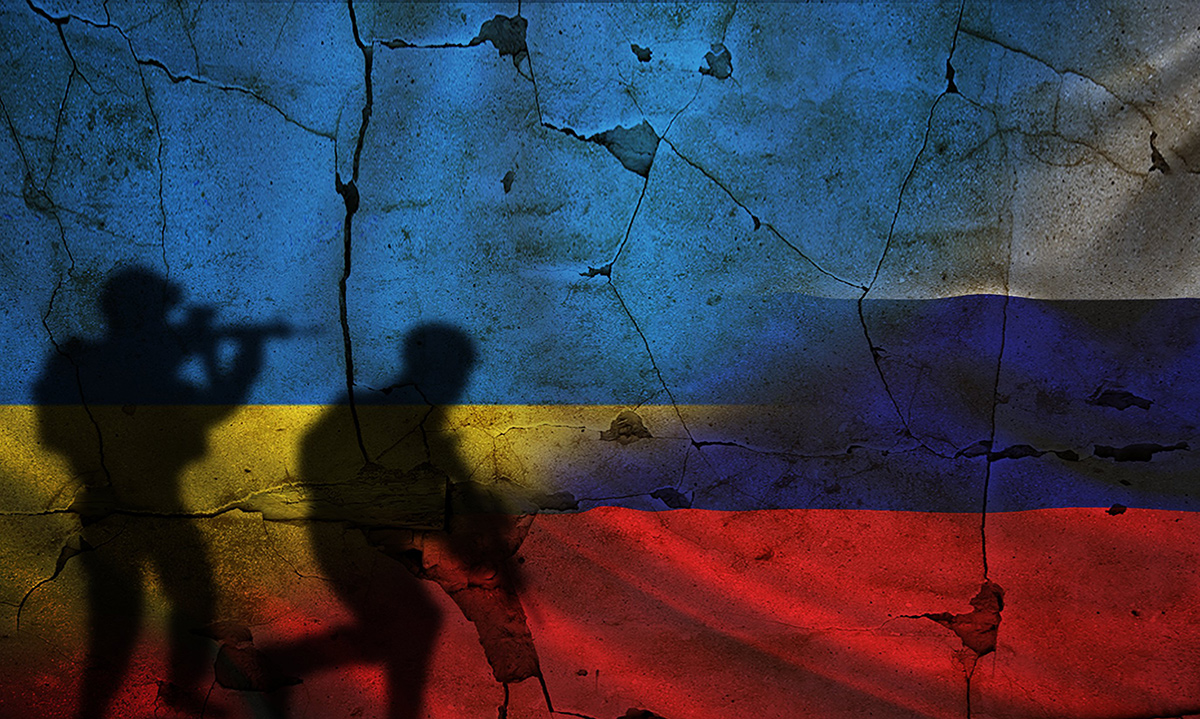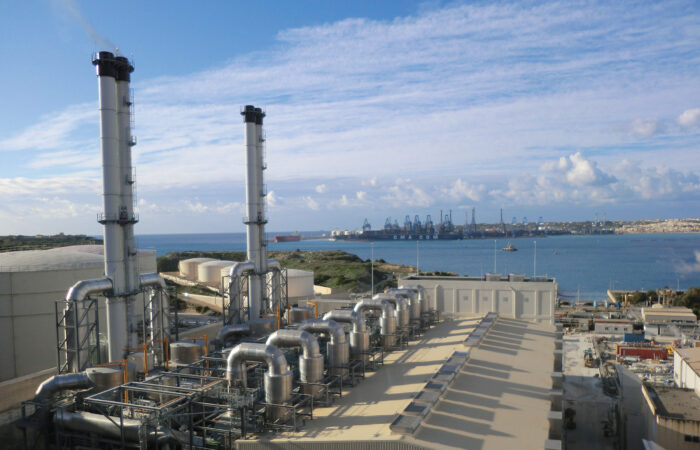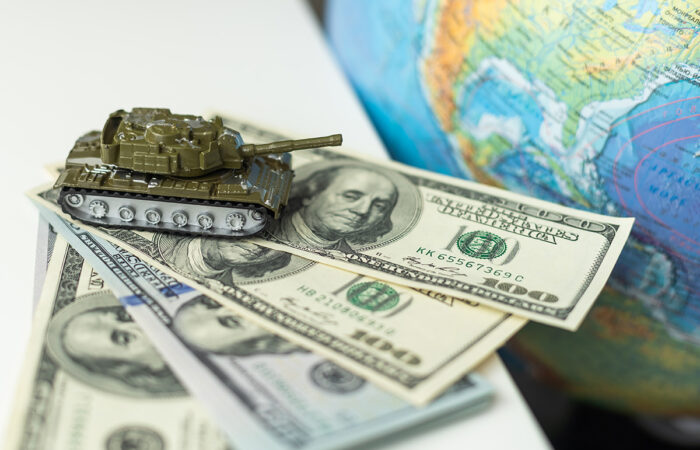Ioannis Tirkides*
The war in Ukraine is a cataclysmic event in both economic and political terms. It signals the return of great power politics; it marks the weaponization of the economy for geopolitical ends; and it highlights the continuing fragmentation of the international system. The flashpoints are brighter not only in the US-Russia conflict, but also in the US-China conflict. The risk of escalation in both is now more visible, including in the South and East China Seas. Within the European Union, there was initially an incredible show of unity in supporting Ukraine against Russia, but there are now increasing strains as higher inflation, energy shortages and monetary tightening affect countries differently. Old divisions will re-emerge as the Union debates its return to a new set of fiscal rules, its security and defence arrangements and its wider governance. The war in Ukraine is shifting the internal balance of power in the EU more to the south and east, as two different visions of Europe’s future clash. Finally, NATO’s role in the European Union’s security architecture will be inextricably linked to the outcome of the war in Ukraine. In this respect, a Russian victory will clearly be more difficult to manage than a Ukrainian victory. In this article, we take stock of what 2022 has left us, and what 2023 may or may not bring.
The war in Ukraine exacerbated the energy crisis and underpinned the worst inflation in forty years. Inflationary pressures were already evident from the Covid crisis that preceded the war, but the energy crisis accelerated and exacerbated the pressures. Moreover, a number of overlapping factors ensure that inflation will not be temporary and will take longer to come under control. Factors such as rising protectionism, the green transition, persistently low productivity growth, slowing population growth, as well as more widespread labour shortages following the pandemic, all combine to ensure that average inflation over the next ten years will be higher than over the past ten years. The predominance of supply-side shocks in the inflation equation this time means that central bank policy is less effective. The only lasting solution to supply-side problems and bottlenecks is to address them directly, which necessarily takes time.
The response of central banks in the advanced world to inflation, has so far been relatively steep. In less than a year, advanced country central banks have raised their policy rates from zero or near zero to 4.75% in the case of the Federal Reserve and 3% in the case of the ECB. This was one of the fastest monetary tightenings in history. As a result, the world now faces the prospect of a significant slowdown in economic activity, and in some cases a recession, and the financial environment will be fragile, especially as central banks also embark on an uncharted path to shrink their balance sheets.
According to the IMF’s revised World Economic Outlook published at the end of January, global growth is expected to slow from 3.4% in 2022 to 2.9% in 2023. For advanced economies, the slowdown will be more pronounced, from 2.7% to 1.2%, and to 1.4% in the US, as federal funds rate hikes work their way through the economy. Conditions in the euro area are more challenging. Despite signs of resilience to the energy crisis, a mild winter and generous fiscal support, the ECB’s rather aggressive monetary tightening and the negative terms-of-trade shock from the rise in subsidised energy prices will depress growth, which is expected to bottom out at 0.7% in 2023. Emerging and developing economies as a group have already bottomed out, with growth expected to rise modestly to 4% this year and next. With China’s economy now reopening, the IMF expects growth to rebound to 5.2% in 2023. Together, China and India will account for half of global growth in 2023, compared with just 10% for the US and the euro area combined.
The war in Ukraine will continue to escalate dangerously. Russia has now strengthened its positions in eastern Ukraine and is preparing for a new onslaught with fresh troops already on the side-lines. Russia’s sustained and systematic attacks on Ukrainian infrastructure and military targets in recent months have been highly disruptive. Ukraine continues to receive financial and military support from the West, including advanced weaponry, but it is now a diminished country, with around a third of its population having already fled. This raises the question of what NATO’s response will be in addition to more ammunition and military systems for Ukraine. Although unthinkable and unlikely, nuclear escalation at this stage is not exactly a negligible-probability event.
In Europe, the internal balance of power has changed and could threaten its cohesion and effectiveness in the future. Brexit, the Covid-19 pandemic and the war in Ukraine have all changed perceptions and contributed to a realignment of relations between states. The UK’s exit has created a vacuum in favour of more interventionist approaches to common European policymaking and the pooling of financial resources. The Covid-19 pandemic had a massive human and economic impact on the EU and opened the door for the bloc to take unprecedented steps in response, including the launch of a massive €750 billion stimulus package of grants and loans, which the European Commission will borrow to pay for.
The war in Ukraine led to severe economic and political sanctions against Russia, underpinning the energy crisis with its unpleasant side-effects. Europe scrambled to buy LNG supplies, effectively denying them to developing countries and driving up prices. Europe has managed to reduce its energy demand while moving quickly to build LNG import capacity. But the underlying problems remain. Gas storage facilities will be depleted by the end of the winter and will have to be rebuilt for the following winter without Russian gas. The need for European cooperation on energy points to an important governance implication of the crisis: the need for a more meaningful Energy Union.
More importantly for security and defence, the war, at least initially, gave NATO a new sense of purpose that matched the aspirations of Central and Eastern Europe. Before the war, NATO was in the throes of an identity crisis. In 2019, for example, French President Emmanuel Macron described NATO as brain-dead and promoted European alternatives instead. The war changed all that for the time being, giving NATO a new lease of life and even prompting Sweden and Finland to break their historic neutrality and apply to join the alliance. But all this will be revisited, depending on how the war in Ukraine ends.
Ties between China and Russia have strengthened as a result of the war in Ukraine and sanctions. At their meeting on the eve of the Winter Olympics in Beijing on 7 February 2022, Vladimir Putin and Xi Jinping declared their opposition to the further enlargement of NATO and the formation of other regional security alliances. They unveiled an agreement that, while not a formal alliance per se, represents a stronger show of solidarity than at any time in the past. China, a peer competitor of the United States, gets cheap access to Russia’s vast natural resources and stands to gain in the long run from the relationship.
At the same time, the relationship between Europe and the US is showing increasing signs of strain, partly as a result of the energy crisis, which is affecting Europe disproportionately, and partly as a result of the Inflation Reduction Act, which is in part a protectionist measure for American industry. This strengthens the case for more protectionism in the European Union.
There are also internal issues, such as the reshaping of fiscal rules and other governance issues, which we don’t have space to discuss here. But the war in Ukraine is a watershed that will reverberate for a long time and fundamentally change the world and its security arrangements. The return of great power politics will create a more dangerous and fragmented world at a time when problems are more global in nature, requiring instead global approaches and cooperation.
*Ioannis Tirkides is the Economics Research Manager at Bank of Cyprus and President of the Cyprus Economic Society. Views expressed are personal.




